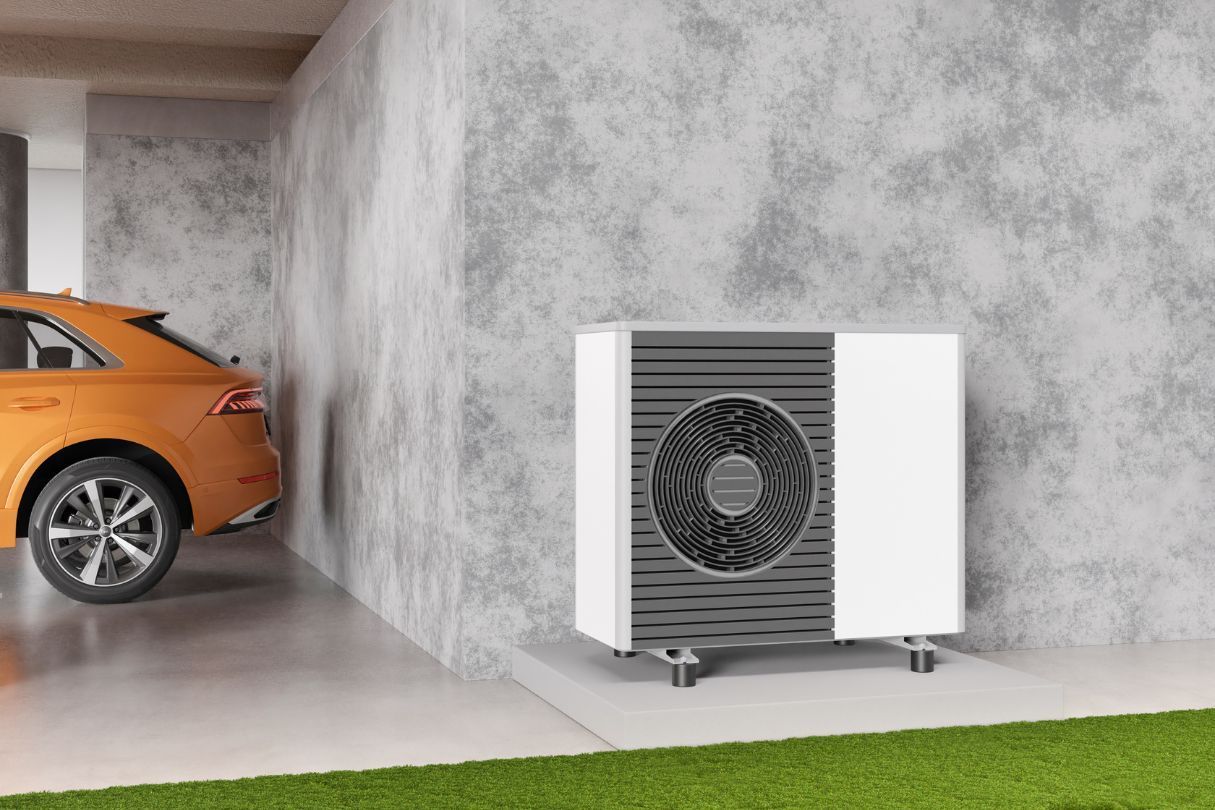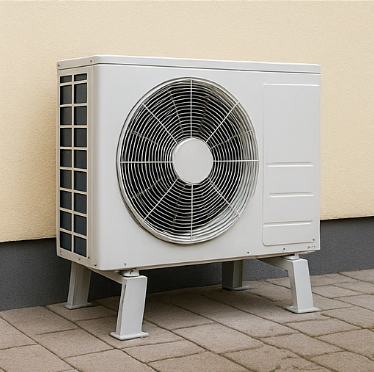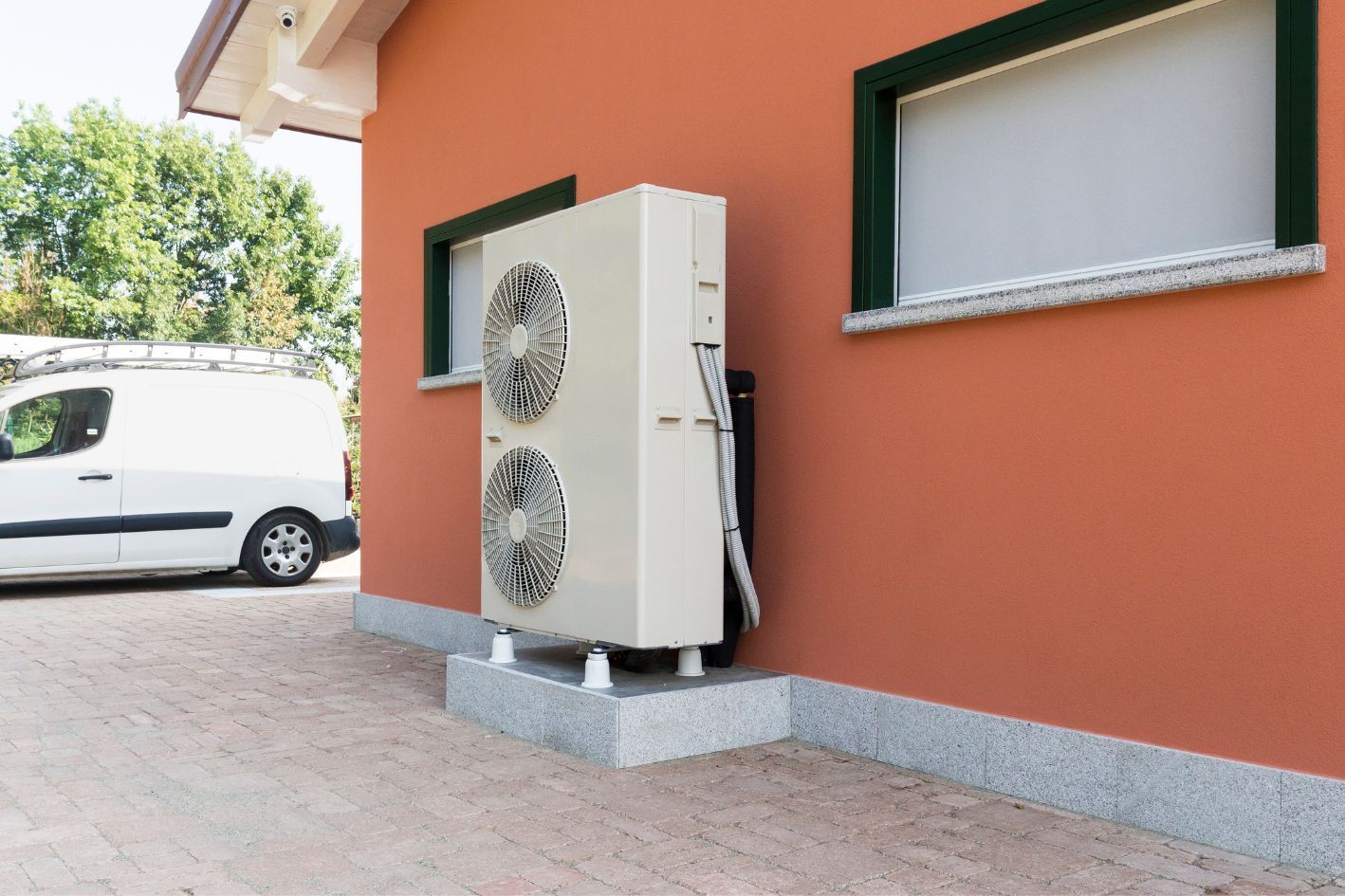Health Advantages Of Heat Pumps

Choosing the correct heating and cooling system for your house can affect both your health and your comfort. Heat pumps are growing to become an increasingly popular and energy-efficient alternative that offers regular temperature control as well as a number of health benefits for you and your family.
Improved Indoor Air Quality
One of the main health
benefits provided by the use of a heat pump is improved indoor air
quality. Unlike traditional heating systems that generate heat through combustion, creating dangerous pollutants and allergens, heat pumps extract heat from a
natural source. Heat pumps help
remove dust, pollen, and other impurities from the air, making it a
better place to live.
Allergy And Asthma Relief
If you are living within a household of people that suffer with
allergies or
asthma, you will require
appropriate indoor air quality to increase their
comfort. Heat pumps assist in
minimising airborne
allergens and irritants such dust mites, mould spores, and pet dander. Heat pumps can
help people with
respiratory problems by reducing these triggers.
Consistent Temperature Control
In order to
improve your comfort and health overall, maintaining a
consistent temperature within your home is
essential. Heat pumps are designed to offer
continuous heating and cooling throughout your home, therefore
minimising temperature changes that can cause
pain and health issues like fatigue, headaches, and respiratory problems.
Humidity Control
Excess
humidity in the air can
promote the growth of mould, mildew, and other allergens, as well as cause respiratory issues and
discomfort. Investing in a
heat pump
will help to
regulate humidity levels within your home, keeping them at an ideal level for comfort and health. Heat pumps can
control humidity,
prevent mould and
improve air quality and wellbeing.
Energy Efficiency And Cost Savings
The health related benefits are not the only plus you will receive from installing a heat pump, as heat pumps have also been praised for their energy efficiency, which can result in lower electricity expenses. Heat pumps will result in a lower carbon footprint as they require less energy to operate in comparison to traditional heating and cooling systems. Therefore, you will be contributing to a more sustainable living environment. Lower energy use allows you to reap the health benefits of a cosy home with lower energy bills.
As we have talked about throughout this blog post, using a heat pump in your house provides numerous health related benefits such as, enhanced indoor air quality and allergy relief, regular temperature control and humidity adjustment. By using a heat pump for your heating and cooling needs, you can reap the benefits of improved health, comfort, and energy efficiency all year long.











